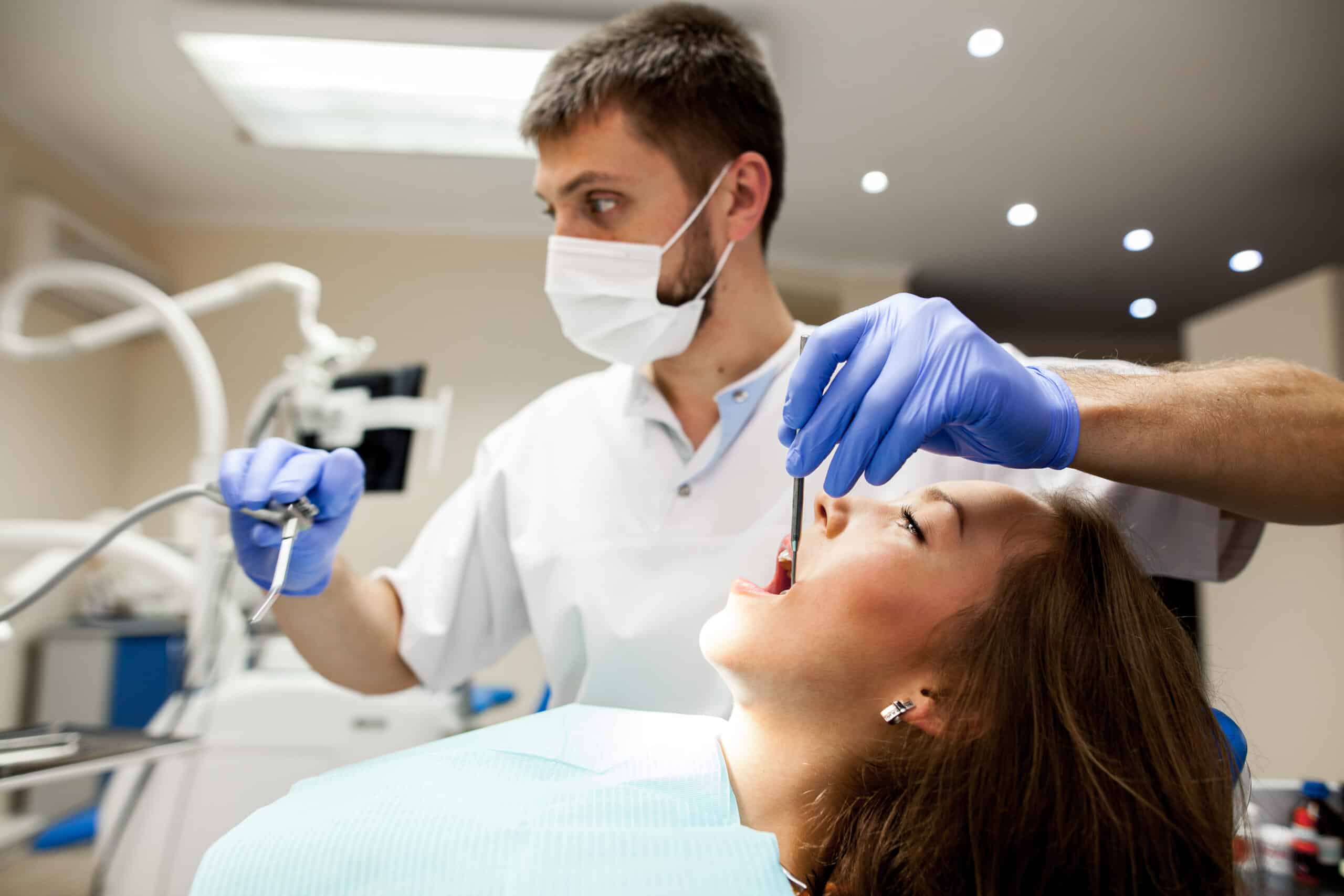From Crisis To Comfort: How To Stay Calm During A Dental Emergency
By :
Affordable Dentist | September 01, 2023
Picture this: It's a quiet evening, and you're enjoying dinner with your family or perhaps reading your favorite book. A sharp, throbbing pain suddenly shoots through your tooth, making you wince in agony. Or you've had a minor accident, and one of your teeth has been knocked out. Panic sets in, and you're unsure of what to do next. In these moments of dental distress, staying calm and acting swiftly is not just valuable; it's essential. That's why we've compiled a comprehensive guide to equip you with the knowledge and confidence to navigate dental emergencies with composure. From assembling a dental emergency kit to managing pain and swelling, we'll walk you through each step, ensuring you have the tools to transform a crisis into a manageable situation.
10 Tips On Staying Calm During A Dental Emergency
1. Keep a Dental Emergency Kit Handy
Preparation is key. Assemble a small dental emergency kit that includes dental floss, over-the-counter pain relievers, sterile gauze, and a small container with a lid. These essentials readily available can help you manage pain and protect your oral health until you can see a dentist.
2. Contact Your Dentist Immediately
In case of a dental emergency, your first step should be to contact your dentist or an emergency dental clinic. They can guide you over the phone and schedule an appointment if necessary. Don't hesitate to reach out; they are there to help you navigate the crisis.
3. Control Bleeding and Swelling
For issues involving bleeding or swelling, such as a bitten tongue or a knocked-out tooth, it's crucial to control the situation promptly. Rinse your mouth gently with warm water and apply sterile gauze to pressure the bleeding area. Apply a cold compress to your cheek for 15-20 minutes to reduce swelling.
4. Manage Toothaches
Toothaches can be excruciating. If you're experiencing one, rinse your mouth with warm water and use dental floss to remove any debris stuck between your teeth. Over-the-counter pain relievers can help alleviate discomfort until you can see a dentist.
5. Preserve Knocked-Out Teeth
If a tooth gets knocked out, time is of the essence. Handle the tooth by the crown (not the root), rinse it gently with water if it's dirty, and try to place it back in its socket. If that's not possible, keep it in a container of milk or saliva to preserve it until you can see a dentist. Quick action increases the chances of successful re-implantation.
6. Be Mindful of Dental Restorations
Dental restorations like dental fillings or crowns can occasionally come loose. If this happens, avoid chewing on that side of your mouth and keep the restoration safe. Your dentist can often reattach it during your emergency visit.
7. Stay Calm and Relaxed
During a dental emergency, it's natural to feel anxious and stressed. Practice deep breathing techniques to stay calm. Focus on inhaling deeply through your nose and exhaling slowly through your mouth. This can help alleviate tension and keep your anxiety in check.
8. Use Saltwater Rinse for Pain Relief
A simple but effective way to ease oral discomfort during a dental emergency is by using a saltwater rinse. Mix half a teaspoon of salt in eight ounces of warm water and swish it around your mouth for about 30 seconds. This natural remedy can help reduce inflammation, disinfect the affected area, and provide temporary relief from pain.
9. Protect Broken Teeth or Restorations
If you have a broken tooth or a loose dental restoration, protecting the damaged area is crucial. You can do this by applying dental wax, which is available at most drugstores, to the sharp or jagged edges. This will prevent further damage to your tongue, cheeks, or gums and make the situation more manageable until you see your dentist.
10. Stay Hydrated and Maintain a Soft Diet
In the aftermath of a dental emergency, staying hydrated and modifying your diet is essential. Drink plenty of water to prevent dry mouth and maintain overall oral health. Additionally, opt for soft foods like yogurt, mashed potatoes, or soup to avoid putting unnecessary strain on your teeth or the affected area.
In the aftermath of a dental emergency, remember to maintain hydration and opt for a soft diet to aid recovery. Your proactive approach to oral health doesn't end with this guide; it extends to regular dental check-ups. By staying proactive and vigilant about your oral health, you can minimize the risk of future emergencies and enjoy knowing that your smile is in good hands. By keeping a dental emergency kit on hand, contacting your dentist promptly, and taking immediate steps to manage pain, bleeding, or swelling, you can significantly improve the outcome of the situation. Stay mindful of the importance of protecting knocked-out teeth or damaged restorations, and utilize simple remedies like saltwater rinses for pain relief. So, schedule that dental appointment today, and commit to your oral health and peace of mind. Your smile deserves it.


